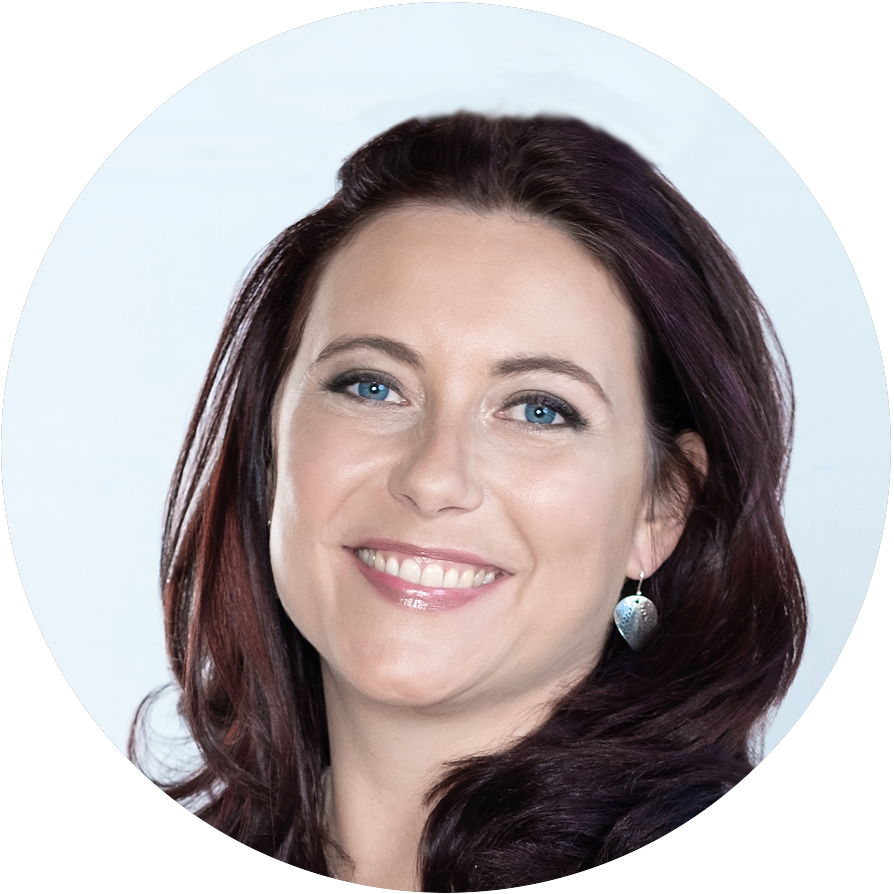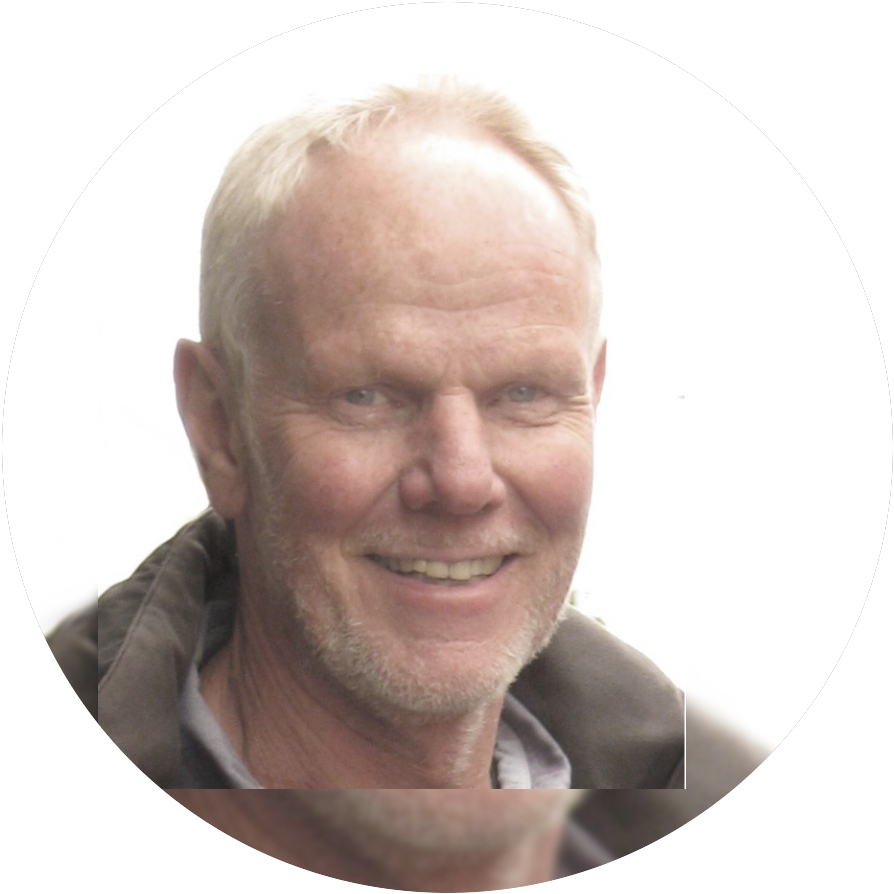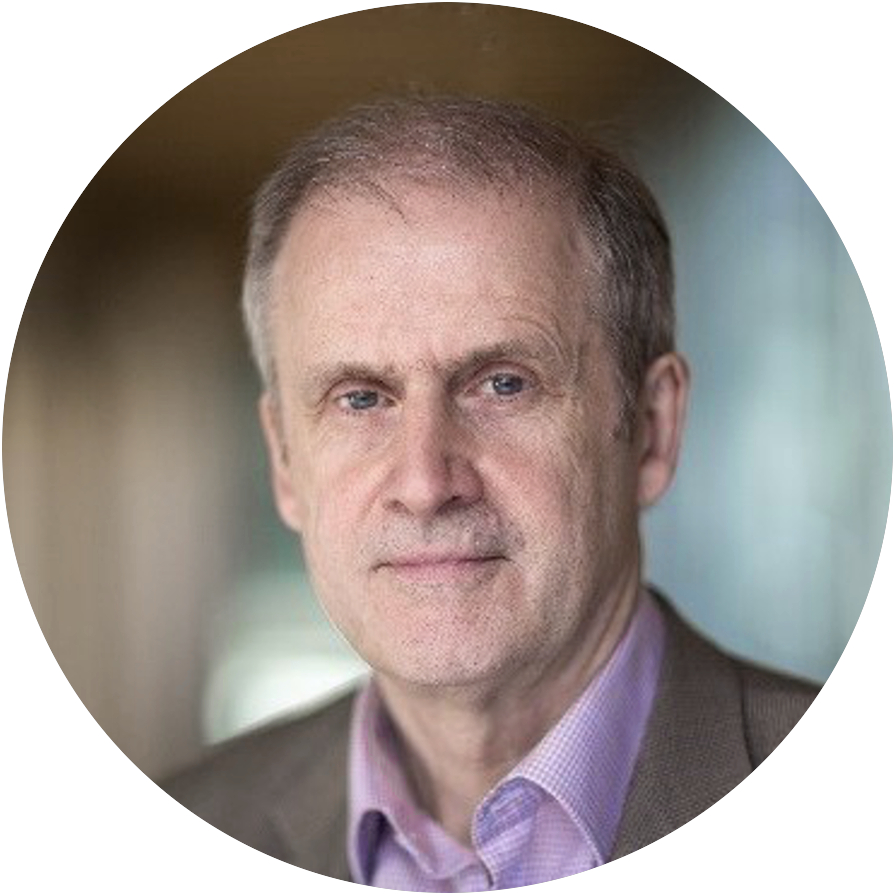🔖 PRESENTATION
Paper (parallel)
📆 DATE
Thursday 10 Sep 2020
⏰ MELBOURNE TIME
7.00 – 9.00 pm
⏰ LOCAL START TIME
time start

Ms Kirstin Schneider
Career story
My early career roots are anchored in small business: for a period of almost a decade, I owned and ran small businesses in the consumer retail, financial services and packaging sectors. After that, I brought my experience of small business nimbleness to the corporate sector, focusing initially on M&A integrations, followed by talent management, strategic transformation, digital reinvention and the innovation of people and customer experiences.
Over a period of almost 15 years I was incredibly honoured to lead some of Australia’s biggest organisational and workforce transformations with iconic businesses such as Orica, Australia Post, Coles, Wesfarmers and AGL Energy. In these large and complex businesses, I was able to bring together teams of people to transform people practices, design strategic workforce changes and strategically evolve and align organisational systems.
Over my corporate career, I have been fortunate to hold executive positions as a functional leader in Human Resources disciplines – from learning and development, to talent management, talent acquisition and organisational strategy. I am also an experienced general manager who has lead businesses as a key member of cross-functional executive teams. Most recently, I was the General Manager of People for AGL Retail. I hold a Senior Executive MBA from Melbourne Business School.
More recently
In early 2019, I founded fourth industrial, a thought-leadership practice that develops perspectives on work, life and being human in the fourth industrial era. Under the fourth industrial brand I write blogs, speak at conferences and on podcasts and joyfully contribute to other forms of public discourse on the many questions raised by disruptive fourth industrial change.
In late 2019 I founded Hyfen, a management and strategy consultancy that works with Small, Medium and Fast-growth enterprises. Hyfen aims to change the conversation about value by innovating and codifying the potential that can be unlocked from intangible assets. I am currently working in collaboration with RMIT to build a Graduate Course in Strategic Workforce Management, due for online release in October 2020. I’m also working on a paper for publication in collaboration with a respected game theorist and faculty member of Melbourne Business School.
Life and all that
I live in Melbourne with my husband and two young-adult children, who remind me what it’s all about on a daily basis. I am often found exploring the possibilities of ethical and social entrepreneurship and the impact of these organisational forms on society’s most pressing questions. I engage in regular pro-bono work including, proudly, with Australia’s indigenous business sector. Reading, travel, meditation, yoga, tennis, live music and surf swimming in coastal Victoria are some of the many ways in which I find perspective and balance.
⏰ DURATION
120 minutes
The Hidden Intangible Revolution: Emerging implications of intangible-rich economies on organisations and business ecosystems
Over the past 50 years, a quiet structural revolution has taken place in the global economy that has affected most organisations at a fundamental level. It’s easy to notice that the world is faster, more digital, and more dependent on data – with this, of course, have been organisational changes of unprecedented scale and scope. Everything from ‘what work is’, to ‘how work gets done’, has changed in that time.
It’s perhaps less obvious that, underpinning these changes, is a shift in business value creation and capital investment from tangible assets to intangibles. In 1970, an estimated 80% of business value was derived from tangible assets – for example, by turning raw materials into higher value physical products. Today, whether a gym or Google, 80% of business value, on average, is derived from intangible assets. Such assets include know-how, trade secrets, operating-models, culture, brand equity, decision rights, real options, data assets and coded technologies. Intangible assets behave in strange ways: they are often scalable, synergistic, accretive and hard to legally protect. Intangibles generally don’t show up on the balance sheet and are mostly accounted for as costs. As the primary drivers of organizational value today, intangible assets demand new capabilities, new organisational forms and new frames of reference. This paper examines the profound implications of the silent, intangible revolution on organisations, business ecosystems and workforces.
References:
Haskel, J. and Westlake, S. (2018), “Capitalism without Capital,” Princeton University Press
Kaplan, Robert S. and Norton, David P. (2004), “Measuring the Strategic Readiness of Intangible Assets,”
Harvard Business Review: https://hbr.org/2004/02/measuring-the-strategic-readiness-of-intangible-assets
Day(s)
:
Hour(s)
:
Minute(s)
:
Second(s)
Session schedule
5 MINS
Introduction by Mr James Yorston
30 MINS
Paper presentation
15 MINS
Small group discussion; impressions of the paper and developing questions for the presenter
15 MINS
Discussion forum with the presenter; moderated for the speaker to elaborate their ideas
15 MINS
Small group activity or discussion ‘What does this paper tell us about working into the future?’
15 MINS
Discussion forum with the presenter; themes from the discussions
25 MINS
Whole Symposium across the papers reflections on the sessions




